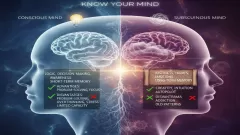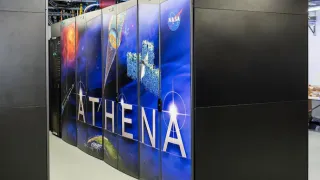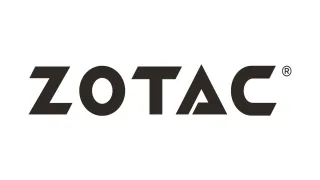What is Quantum Computing?
Quantum computing is a field of computer science that uses the principles of quantum mechanics to create and manipulate information. Quantum computers are different from classical computers, which use bits that can only be in one of two states: 0 or 1. Quantum computers use qubits, which can be in a superposition of both 0 and 1 at the same time. This allows quantum computers to perform parallel computations and solve complex problems that would be intractable for classical computers.
How Quantum Computers Are Shaping the Future of Technology?
Quantum computers are shaping the future of technology in many ways. Some of the potential applications of quantum computing are:
- Cybersecurity: Quantum computers could break some of the current encryption schemes that protect our data and communications, such as RSA and AES. However, quantum computers could also enable new forms of encryption that are resistant to quantum attacks, such as quantum key distribution and lattice-based cryptography.
- Bio-engineering: Quantum computers could help us understand the structure and function of molecules, such as proteins and DNA, and design new drugs or materials with tailored properties. Quantum computers could also simulate quantum systems like photosynthesis and quantum biology.
- Artificial intelligence: Quantum computers could enhance the capabilities of artificial intelligence by enabling faster and more efficient learning algorithms, such as quantum neural networks and quantum machine learning. Quantum computers could also help us explore the nature of intelligence and consciousness.
- Finance: Quantum computers could optimize financial portfolios, pricing models, risk analysis, and fraud detection. Quantum computers could also help us model complex systems like markets, economies, and social networks.
- Complex manufacturing: Quantum computers could improve the design and production of complex products, such as aircrafts, cars, and robots. Quantum computers could also help us optimize supply chains, logistics, and scheduling.
Quantum computing is still in its early stages of development, and there are many challenges and uncertainties ahead. However, quantum computing is also one of the most exciting and promising fields of technology that could transform our world in the near future.
Where can I learn more about quantum computing?
You can learn more about quantum computing by visiting some of the following websites:
- Microsoft Quantum: This website provides information about Microsoft’s vision and efforts in developing quantum technologies, as well as resources for learning and experimenting with quantum programming.
- IBM Quantum: This website offers access to IBM’s cloud-based quantum devices and simulators, as well as tutorials and guides for building quantum applications.
- Google Quantum AI: This website showcases Google’s research and innovation in quantum computing and artificial intelligence, as well as tools and platforms for exploring quantum phenomena.
- Qiskit: This website is an open-source framework for creating and running quantum programs on various hardware platforms.
- Quantum Computing Stack Exchange: This website is a community-driven platform for asking and answering questions about quantum computing.
Frequently Asked Questions (FAQ)
What is quantum computing?
How does quantum computing differ from classical computing?
What are some potential applications of quantum computing?
When will quantum computers become widely available?
What are some of the challenges facing the development of quantum computing?























